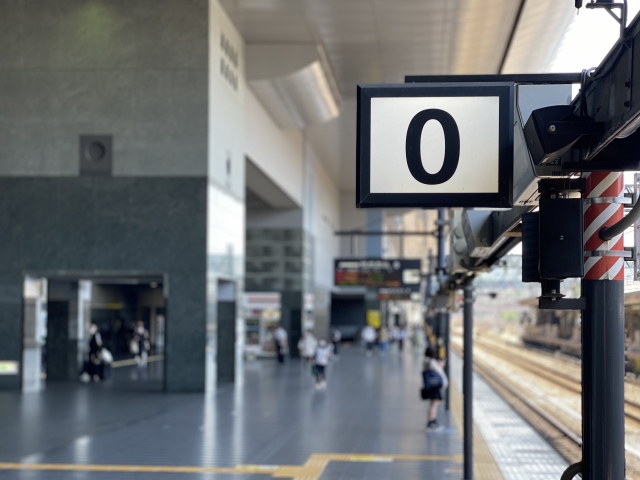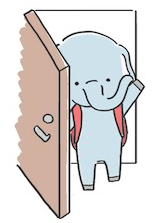Blog Thread
- Japanese Online Newsletter Vol. 134 ゼロとレイの使い方(ゼロとレイのつかいかた)


「本日の降水確率は0%です」という場合、0をゼロ(Zero) と読むかレイ(Rei) と読むのか、どちらが正しいでしょうか。
そもそも、ゼロとレイは同じ意味なのでしょうか。これは日本人でも正しく答えられる人は少ないと思います。
ゼロと言った場合、それは何もない、皆無を意味する数学的な言い方なのですが、レイは全く何もないのではなく、限りなくゼロに近いことを意味します。ですから「本日の降水確率は0%です」は、ゼロ%ではなくレイ%と言うようにしているのだそうです。
例えば、0歳児は最初の誕生日が来る前の子供を意味しますので、ゼロ歳ではなく、レイ歳児と言う方が正しいことになります。また、反対に「本日の交通事故数は0件でした。」と言った場合は、実際に事故がなかったという意味で、ゼロ件という言い方をします。
これが放送などで一般的に使われるゼロとレイの使い分けなのです。特に厳しいルールが有るわけではないですが、豆知識として知っていても良いかもしれません。
The Word “Rei” in Japanese
Do zero and “rei” mean the same thing? I think there are only a few Japanese people who can answer this correctly.
When we say zero, it’s a mathematical way of saying nothing, but “rei” doesn’t mean nothing. Instead, “rei” means close to zero, but not exactly zero. So instead of saying there’s a 0% chance of rain today, we say rei%, not 0%.
For example, we reference a baby’s age by months or weeks in English instead of years before they turn one. In Japanese, we use the term “rei years old” to refer to a child’s age before their first birthday. Conversely, if you said there were zero traffic accidents today, it means there were no actual accidents.
This is the common usage of “zero” and “rei” in weather broadcasts. There aren’t any strict rules, but it may be good to know as trivia.

sign up for the Japanese-Online Newsletter
__..-・**・-..__..-・**・-.._ あいうえお かきくけこ さしすせそ たちつてと なにぬねの はひふへほ まみむめも やいゆえよ らりるれろ わゐうゑを ん __..-・**・-..__..-・**・-.._
#JapaneseOnline #LearningJapanese #FreeJapaneseLessons #JapaneseVideoLearning #JapaneseAnime #Anime #JapaneseFood #Bloguru
- If you are a bloguru member, please login.
Login
- If you are not a bloguru member, you may request a free account here:
Request Account